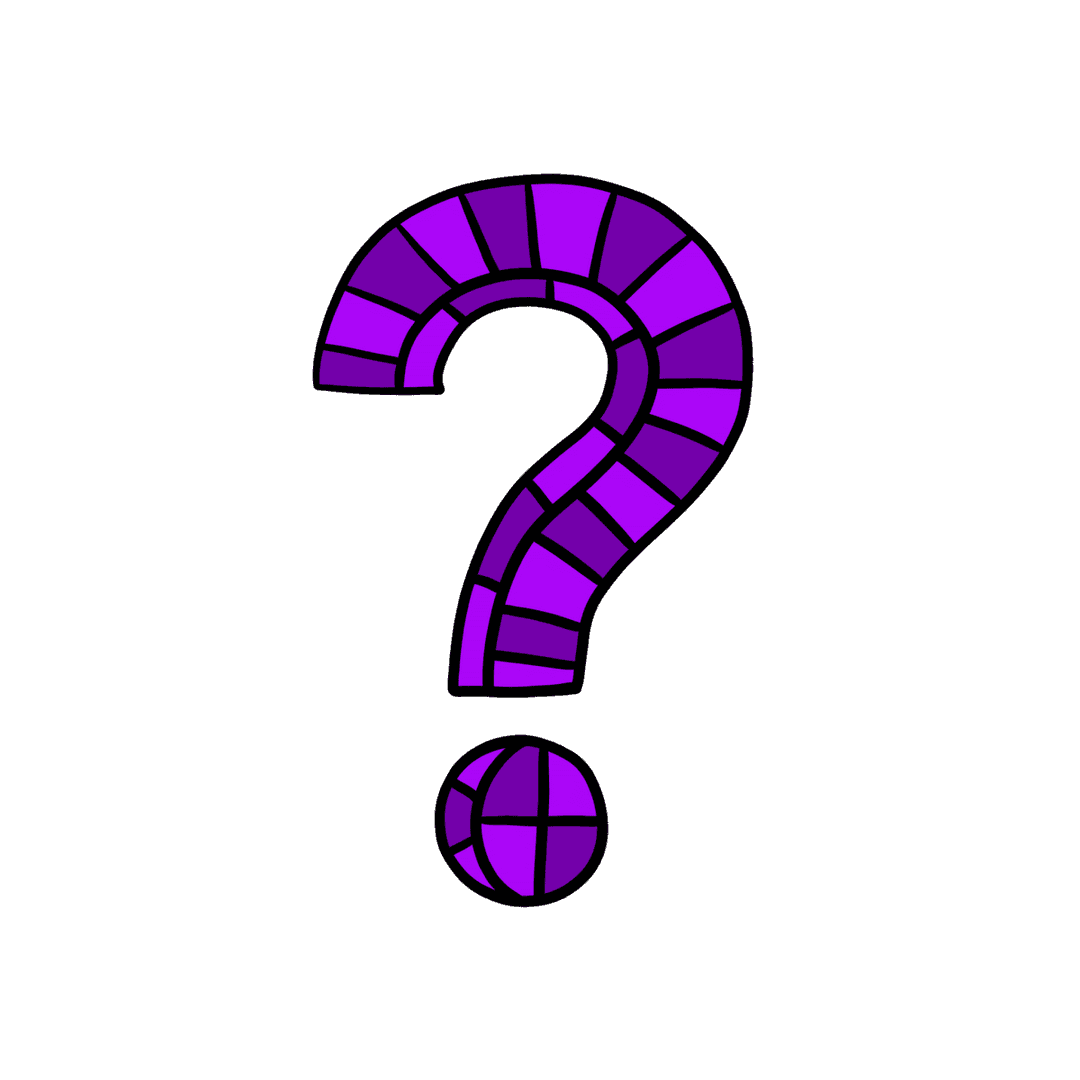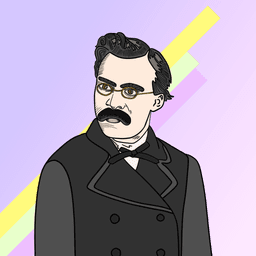In vs. Im
The German language can seem a bit daunting, with seemingly endless variations of words that mean similar things. One example of this is the confusion between the two words “in” and “im”. So what's the difference?

The difference between in & im is easy to understand. The word im in German is short for in dem. The word in means in or into in English. So, just like in English, you would say I am in the café, but I am in London.
At first glance, it can appear as though the words in & im are interchangeable, but that is not the case. While the two words may sound very similar, they actually have very different meanings and they cannot be used interchangeably.
Luckily, the difference is pretty straightforward and you might have already understood it intuitively, if you've done a little bit of German reading or gone through a few online German lessons.
If not, no problem! Let's look at both words in turn.
What's the Difference between in & im in German?
Meaning of in
Let's start with in: In is a two-letter preposition that is used to indicate location or direction. It can be used to describe a place, or to indicate a direction of movement. For example:
Or you could say:
What's important is that in describes movement or direction and that what comes after can have an article (in den Park) or also not (Ich bin in London).
Meaning of im
Now let's turn to im: Im is a three-letter preposition, and it is as short for in dem. For example:
Here, you can use im, but you don't strictly have to. You could also just say in dem Internet - although that doesn't sound so natural.
So, in conclusion, in some cases you can use im (and you should, because it sounds better), and in other cases you can't (when, for example, the object doesn't have an article, e.g. in London, since im is only a replacement for in dem).




